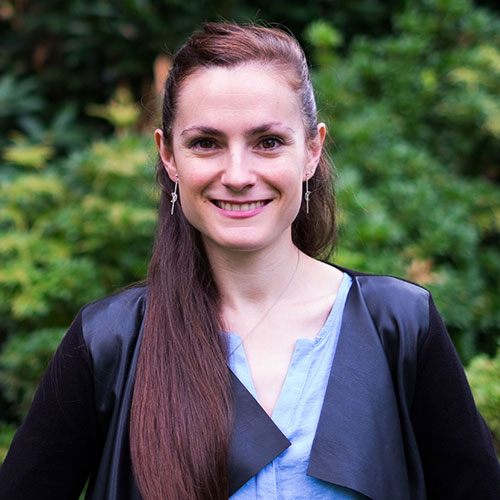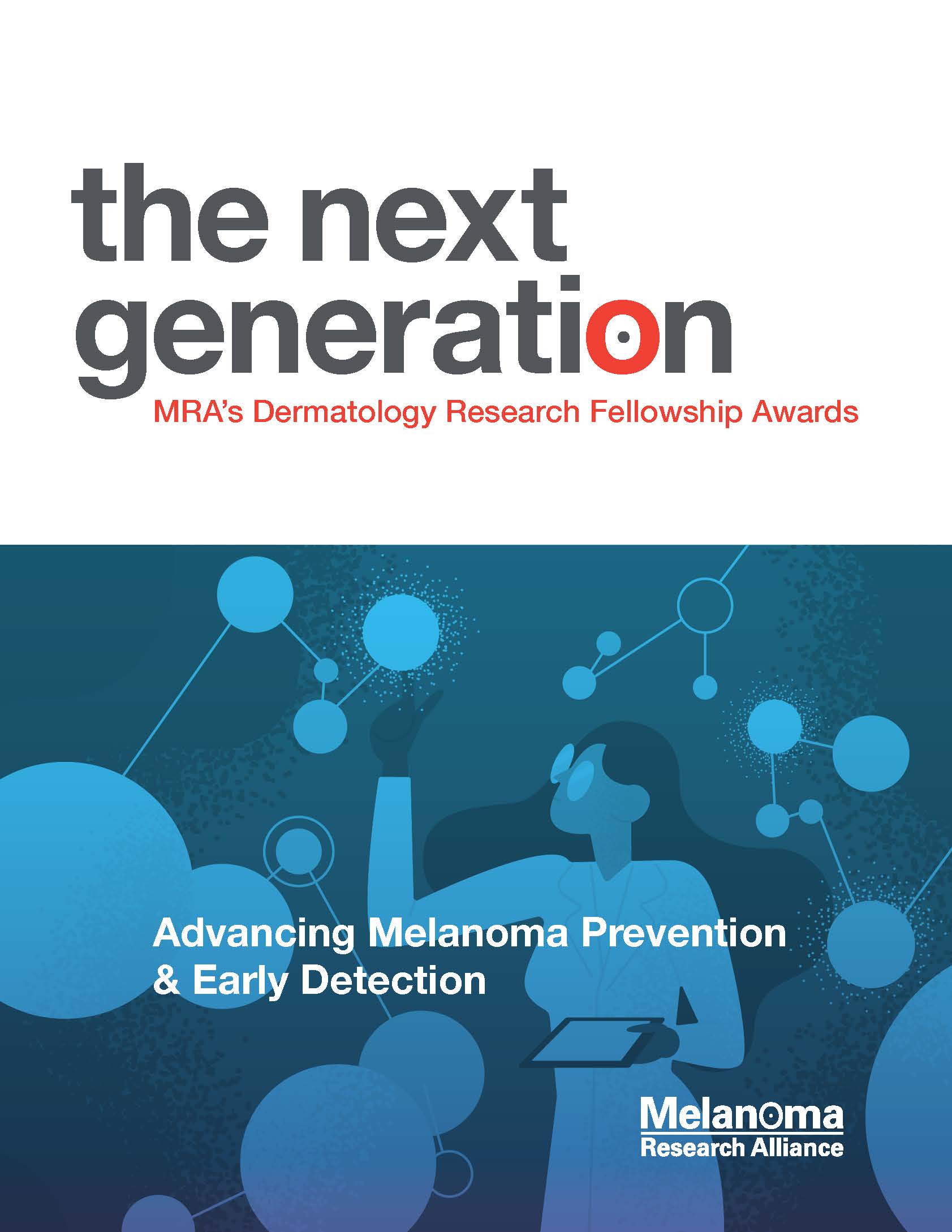
New Recruits in the Fight
Dermatologists can play a critical role in prevention and early detection and can help to fill research gaps that also remain in the fight against melanoma.
To address this, MRA launched the Dermatology Fellowship Award pilot program in 2019. The pilot funded nine fellows from the seven institutions represented by MRA’s Dermatology Council. In 2020, the program was expanded to include all institutions in the United States with an established pigmented lesion clinic/program.
The research grants focus on one of two areas:
1) prevention or
2) detection, diagnosis, staging, and early intervention treatments.
Through this work, MRA is helping to bring forth a new cohort of dermatology researchers to pick up their torches and blaze new trails. This funding—a rarity for young researchers at this stage of their careers—creates a pipeline of promising scientists specialized in melanoma and supports not only the next generation of researchers but also promises to improve detection and prevention outcomes in melanoma.
“The new MRA Dermatology Fellows Program will provide critical support for young scientists and dermatologists to explore new avenues of investigation, providing financial backing not generally available at this point in their careers.”
Denise Kellen, MRA Board Member, Melanoma Survivor, & Generous Funder of Melanoma Dermatology Fellows with her Husband Michael
2019 Dermatology Fellows









From Left:
Shirin Bajaj, New York University School of Medicine
Development of an enhanced telemedicine-based melanoma diagnostic platform
Maria Graciela Cascio, Joan & Sanford I. Weill Medical College of Cornell University
Dependence of metastasizing melanoma cells on different NAD kinase isoforms
Sixue Liu, University of California, Los Angeles
Metastatic origin and adjuvant therapeutic efficacy of stage III melanoma
Enrica Quattrocchi, Mayo Clinic
Melanoma staging by artificial intelligence
Ofer Reiter Agar, Memorial Sloan Kettering Cancer Center
Differentiating change over time in melanoma as compared to benign nevi
Aditi Sahu, Memorial Sloan Kettering Cancer Center
Exploring differential PARP1 expression for non-invasive melanoma diagnosis
Qi Sun, New York University School of Medicine
Transcriptional profiling and marker identification of early stage melanoma
Matthew Vesely, Yale University
Determining the immune inhibitory landscape in melanoma
Carl Winge, Stanford University School of Medicine
Rac-1-interacting proteins as diagnostic biomarkers for melanoma
Prevention + NextGen Melanoma Fighters
MRA launched the first-ever Dermatology Fellows program to train the next generation of researchers explore prevention research and early treatment.
As this report was being finalized, MRA awarded funding for 13 Dermatology Fellows in year two of the program.
